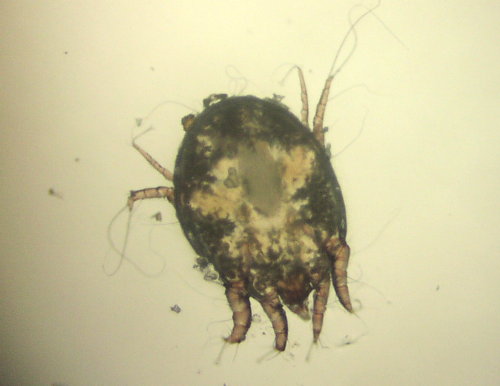Difference between revisions of "Clinical Case 11"
Jump to navigation
Jump to search
| (One intermediate revision by one other user not shown) | |||
| Line 1: | Line 1: | ||
| − | <big><center>[[ | + | <big><center>[[Rabbit Medicine - Small Animal|'''BACK''']]</center></big> |
Courtesy of C. Antonczyk | Courtesy of C. Antonczyk | ||
| Line 40: | Line 40: | ||
<big><center>[[Cases from General Practice - Small Animal|'''BACK TO CASES FROM GENERAL PRACTICE - SMALL ANIMAL''']]</center></big> | <big><center>[[Cases from General Practice - Small Animal|'''BACK TO CASES FROM GENERAL PRACTICE - SMALL ANIMAL''']]</center></big> | ||
| + | |||
| + | |||
| + | [[Category:Lost]] | ||
Latest revision as of 17:02, 24 February 2011
Courtesy of C. Antonczyk
Signalment
"Nibbles", a 6 month old female rabbit is brought in for vaccination.
History
The owner has no particular concerns about Nibbles.
Clinical Examination
The vet performs a clinical exam and finds the following:
- The inside of the pinnae look scaly and on closer examination small organisms can be seen moving about the external ear canal.
A close-up picture of one of these organisms is shown, taken under the x10 objective:
In order to reveal an answer, highlight the underlined or bulleted area using your mouse. The number of bullet points doesn't necessarily indicate a strict number of answers.
What is this?
- This is the rabbit ear mite.
What is its latin name?
- Psoroptes cuniculi
How would you treat this condition?
- This rabbit was treated with 3 spot-on applications of ivermectin at weekly intervals. Ear drops may also be effective.
